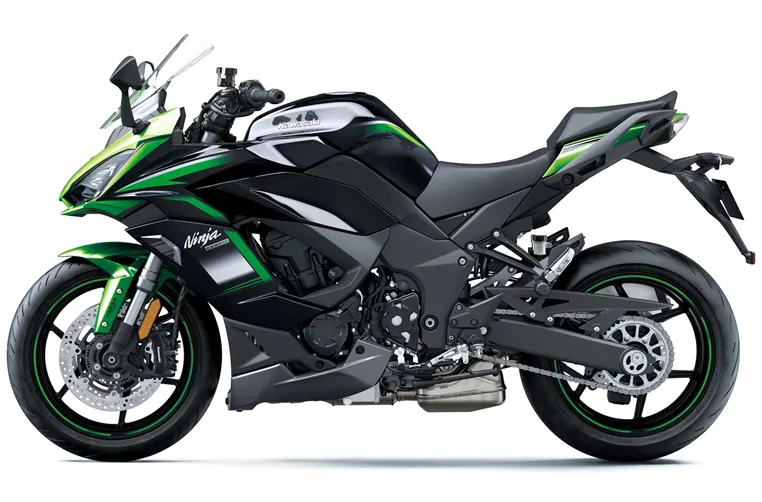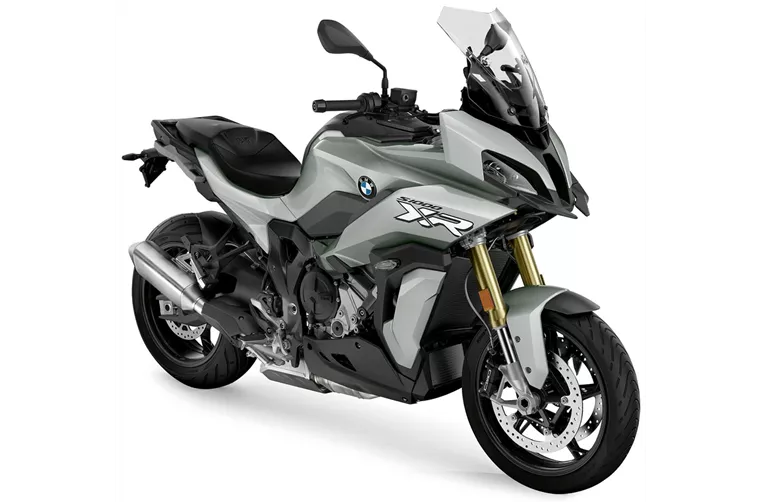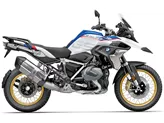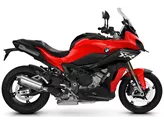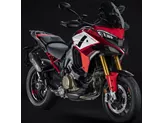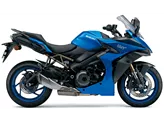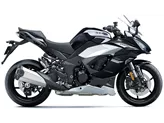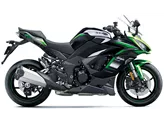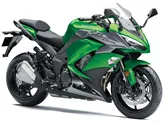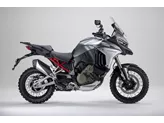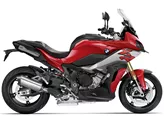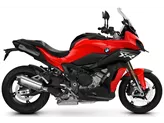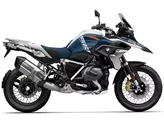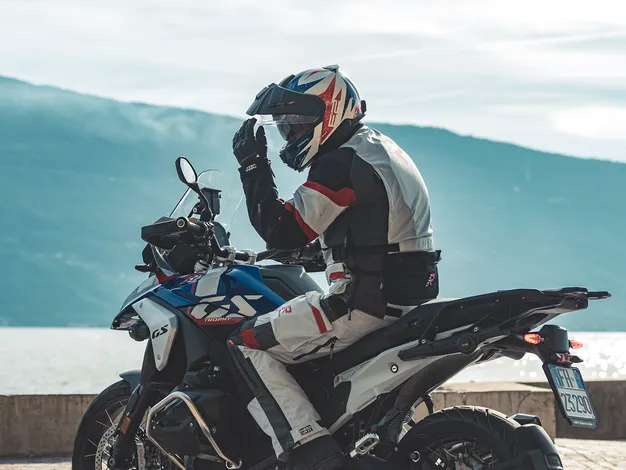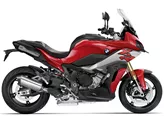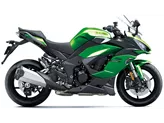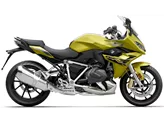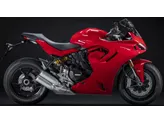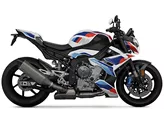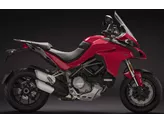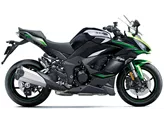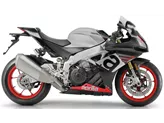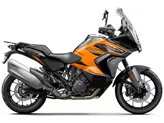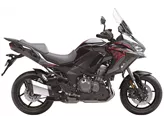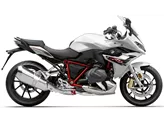Kawasaki Ninja 1000SX 2021 vs. BMW S 1000 XR 2020
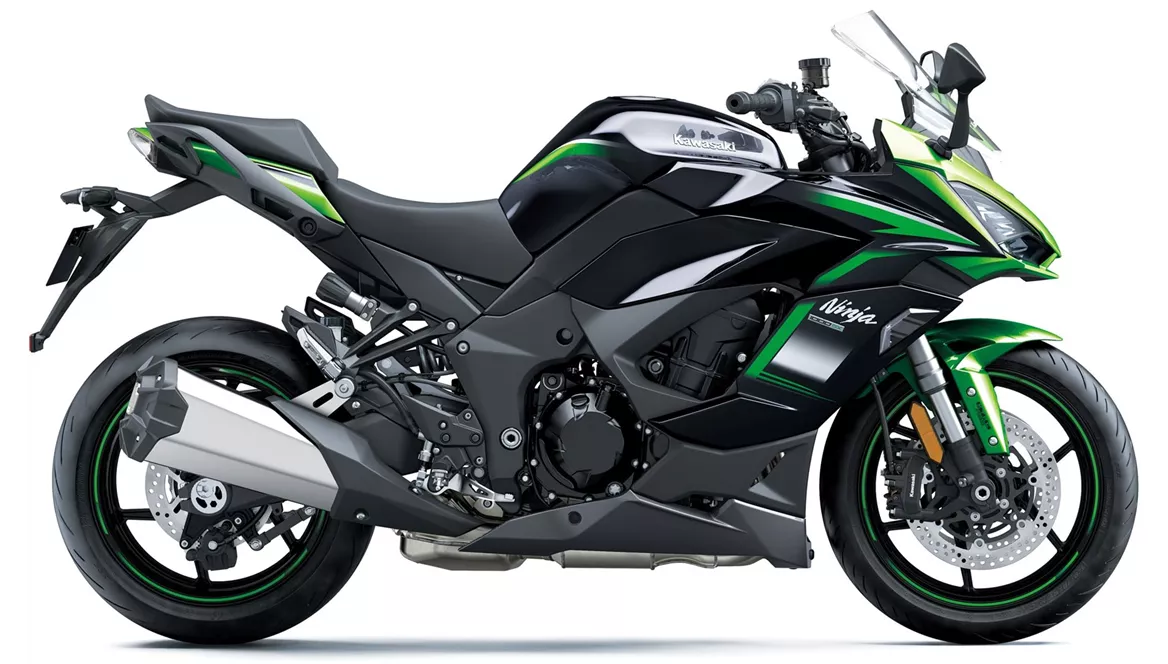
Kawasaki Ninja 1000SX 2021
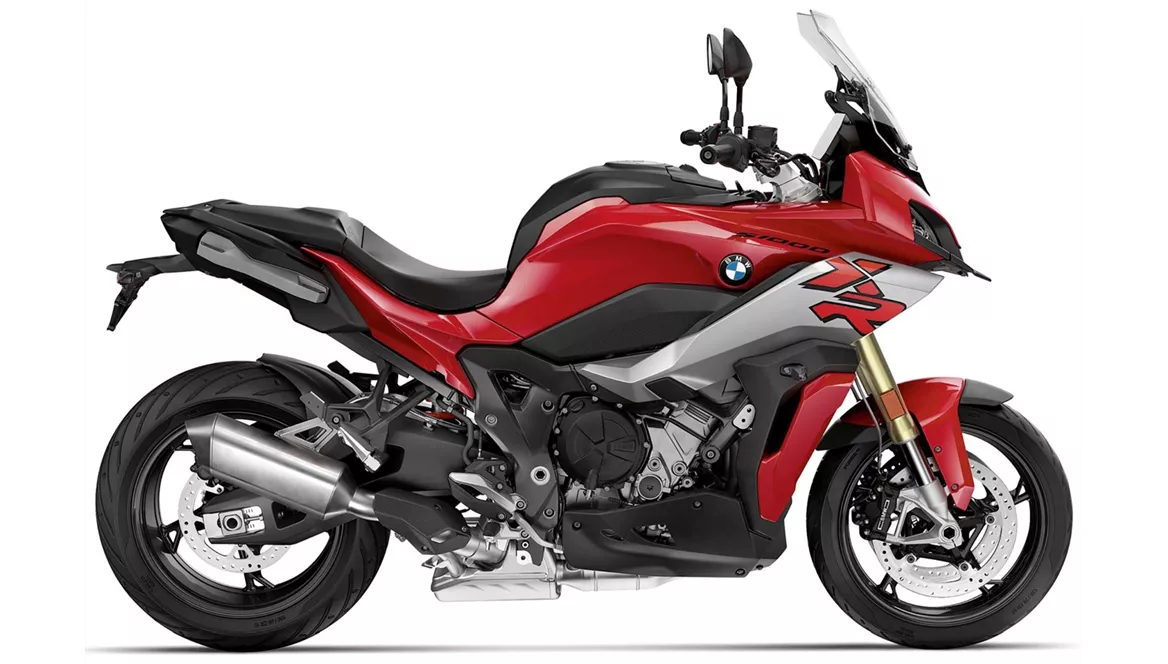
BMW S 1000 XR 2020
Overview - Kawasaki Ninja 1000SX 2021 vs BMW S 1000 XR 2020
In terms of engine performance, the BMW S 1000 XR 2020 has a more powerful engine with 165 HP compared to the Kawasaki Ninja 1000SX 2021's 142 HP. The BMW also has a higher torque of 114 Nm compared to the Ninja's 111 Nm. Both bikes have a 4-stroke, in-line, 4-cylinder engine type with a displacement of 999cc for the BMW and 1043cc for the Kawasaki.
In terms of suspension, both bikes have upside-down telescopic forks in the front and swing arm suspension in the rear. The travel and adjustment options are similar, with the BMW having a slightly higher front suspension travel of 150 mm compared to the Ninja's 120 mm. The rear suspension travel is the same for both bikes at 144 mm. Both bikes have adjustable compression, preload, and rebound settings for the front and rear suspension.
Both bikes have an aluminum frame and double disk brakes in the front. The BMW has slightly larger front brake disks with a diameter of 320 mm compared to the Ninja's 300 mm. Both bikes have advanced rider assistance systems such as ABS, riding modes, cornering ABS, ride by wire, and traction control.
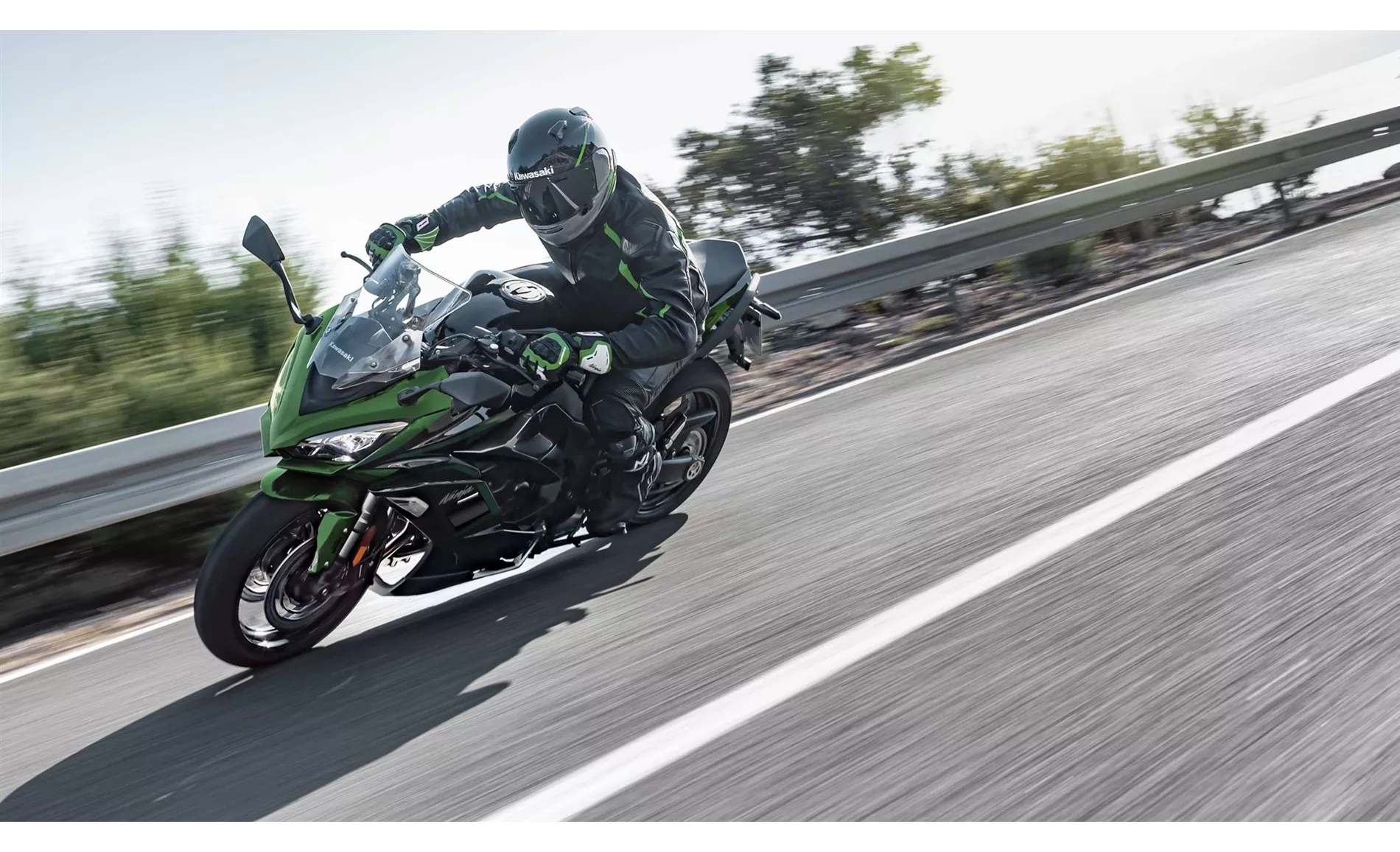
Kawasaki Ninja 1000SX 2021
In terms of dimensions and weights, the BMW has a longer wheelbase of 1552 mm compared to the Ninja's 1440 mm. The seat height is slightly higher for the BMW at 840 mm compared to the Ninja's 834.98 mm. The BMW also has a slightly lower kerb weight with ABS at 226 kg compared to the Ninja's 235 kg. Both bikes have a fuel tank capacity of 19 liters for the Ninja and 20 liters for the BMW.
Both bikes have similar equipment such as LED daytime running lights, LED headlights, TFT displays, and adjustable windscreens.
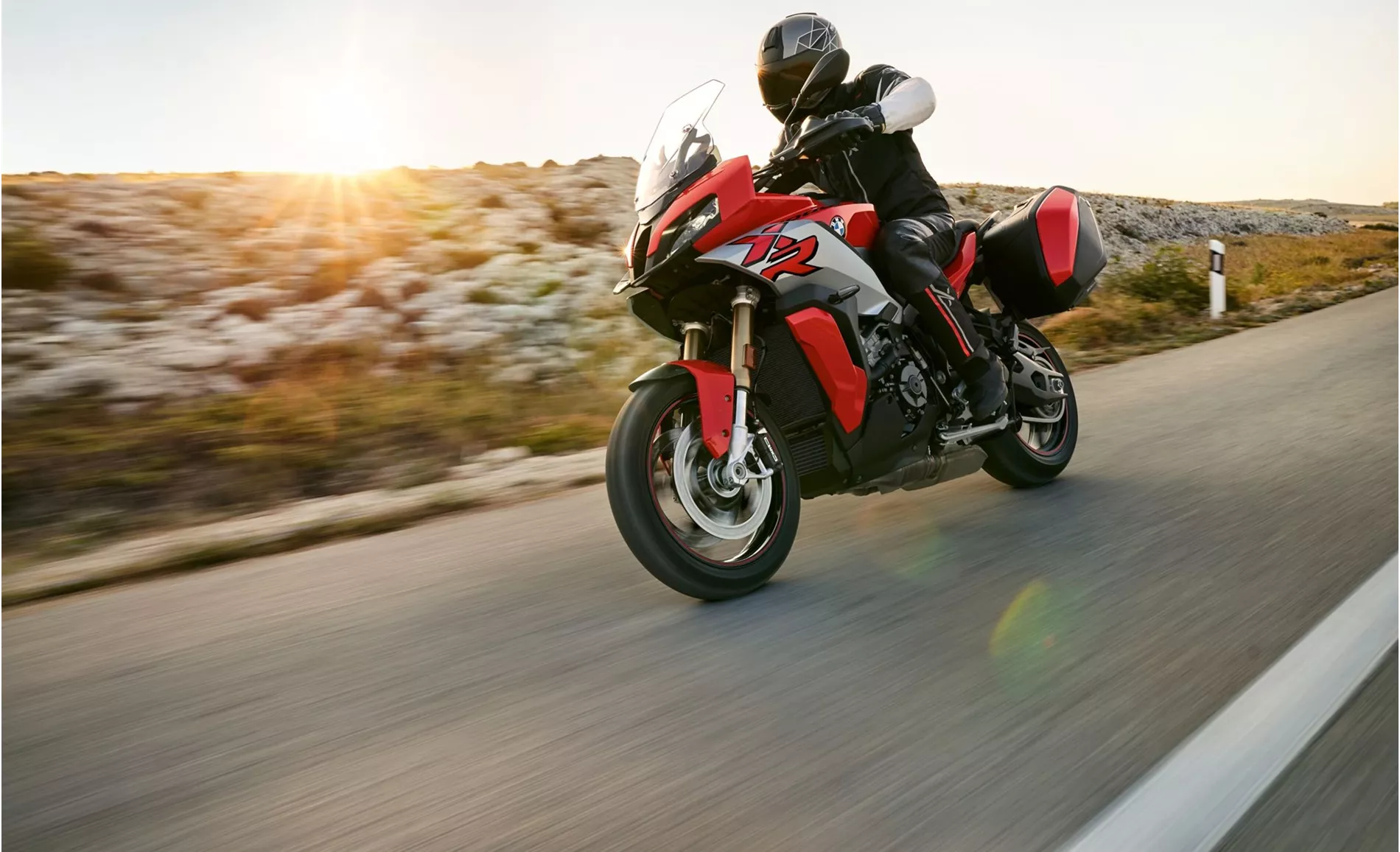
BMW S 1000 XR 2020
In terms of strengths, the Kawasaki Ninja 1000SX 2021 is praised for its smooth four-cylinder engine, comfortable yet sporty ergonomics, wind protection, standard electronics package, stability due to its full fairing, and accessibility.
On the other hand, the BMW S 1000 XR 2020 is praised for its great connection and integration with mobile phones, including good navigation software. It also has a great revving four-cylinder engine with a wide usable rev band, pleasant engine tuning, practical riding modes that change response behavior, a well-balanced vehicle even with a pillion passenger thanks to electronic chassis with automatic load condition detection, good brakes, good wind and weather protection, adjustable windshield with one hand, and a good quickshifter. The BMW also offers plenty of choices in terms of customization.
In terms of weaknesses, the Kawasaki Ninja 1000SX 2021's engine may require higher revs, and its electronics could be more user-friendly. The windshield can only be adjusted with two hands. The BMW S 1000 XR 2020 has a slightly narrow knee angle on long tours for tall people, and its suspension damping may not be sensitive enough to provide a truly comfortable setup.
Technical Specifications Kawasaki Ninja 1000SX 2021 compared to BMW S 1000 XR 2020
Pros and Cons in comparison
Pros and Cons in comparison
Kawasaki Ninja 1000SX 2021
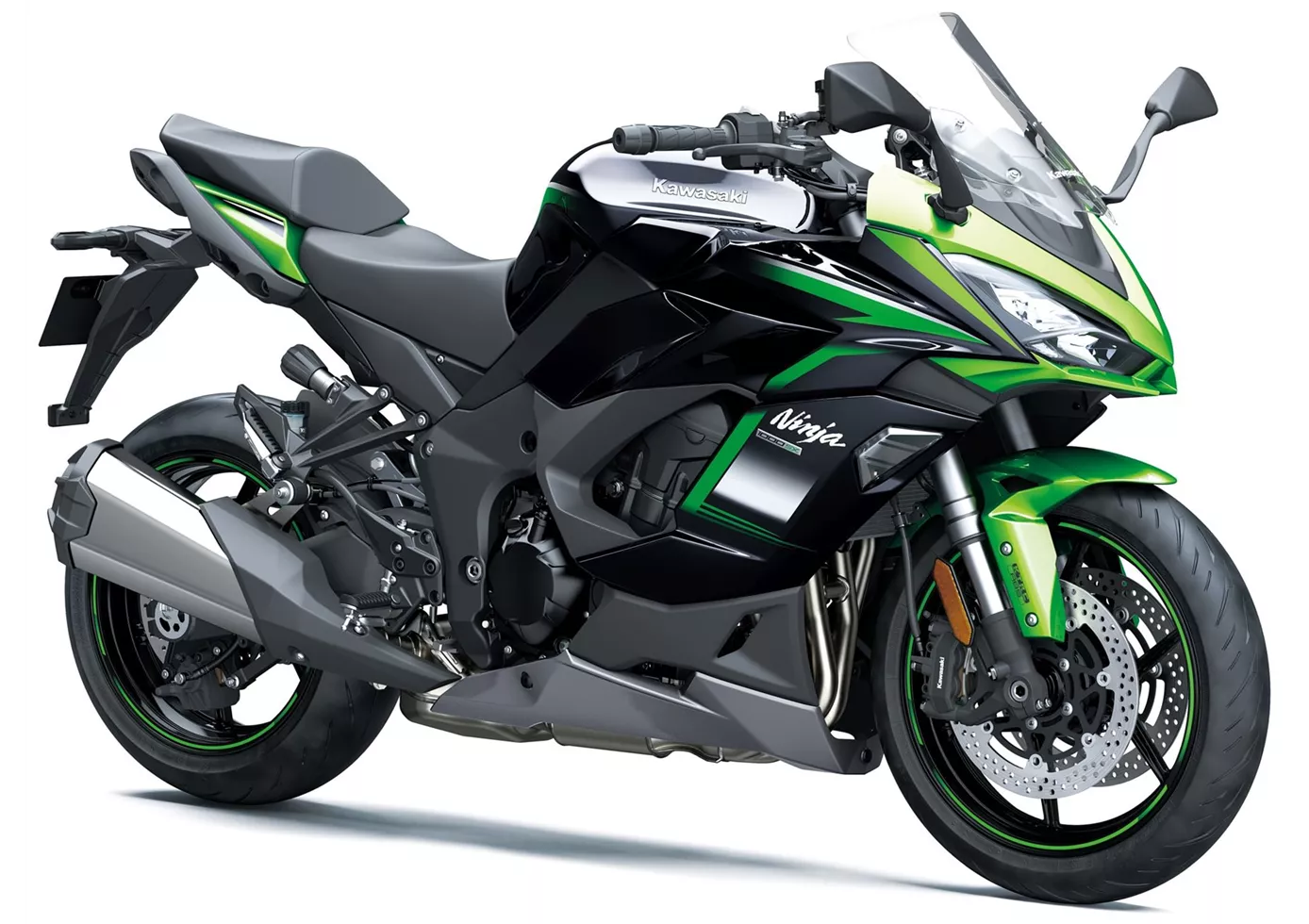
A sports tourer of the old school. The Kawasaki Ninja 1000SX fulfils all the points you would expect from this bike category. Added to this is a comprehensive electronics package that offers everything you could wish for when travelling - and at no extra charge! The fact that the operation is perhaps not quite as intuitive as the competition already manages, is forgiven at the latest when you take a look at the price tag.
BMW S 1000 XR 2020
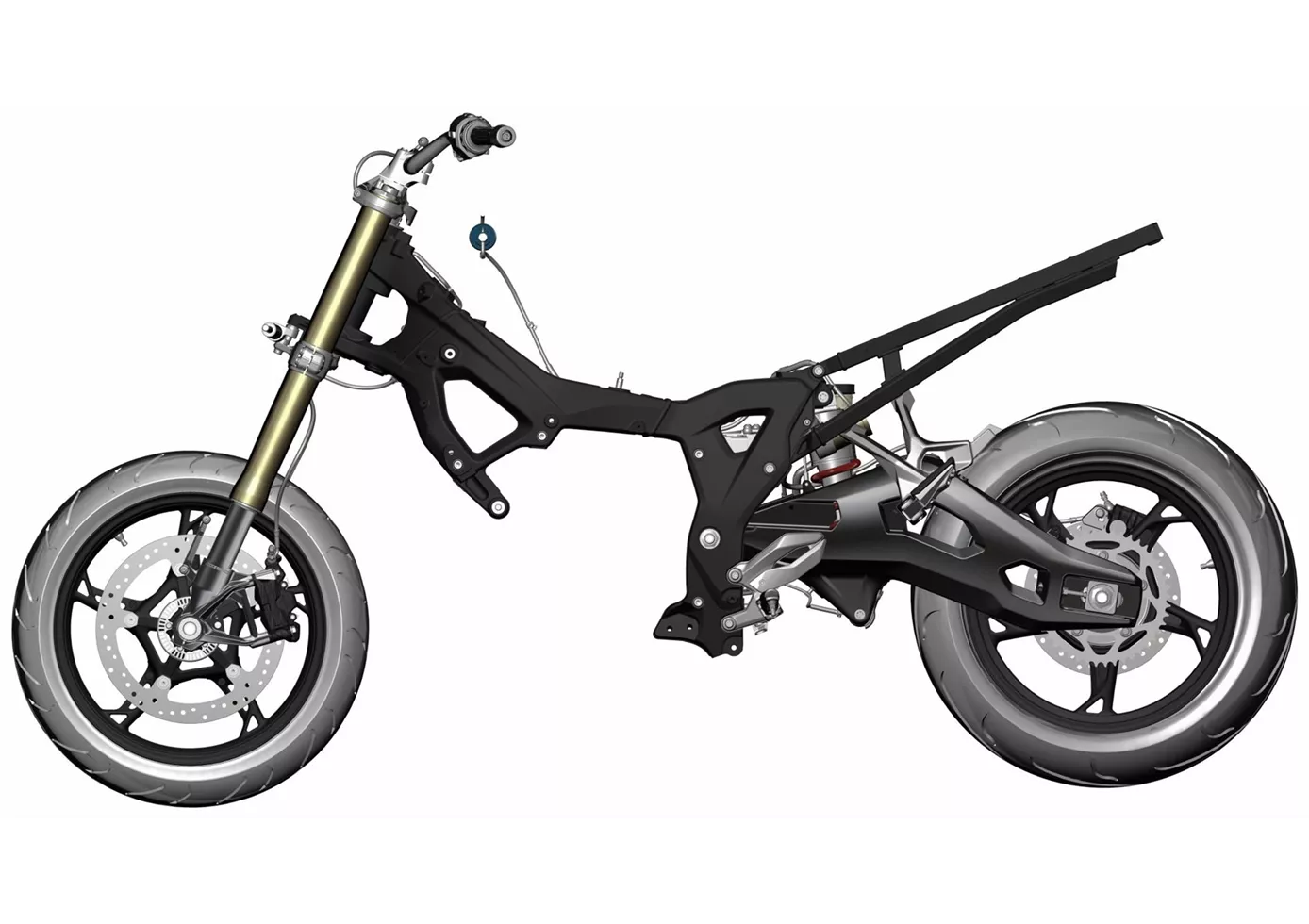
The BMW S 1000 XR offers a pleasant touring bike on the basis of a super sports bike. Sounds like a compromise - but rides like a spot-on development. The motorbike is practical and mature. Wind and weather protection are very good, the integration from the mobile phone is world class and the engine is simply always a joy to ride. The chassis adapts well to the load condition, but it never becomes sensitive and really comfortable. The seat comfort is good, but the knee angle becomes a bit acute on long tours. Nevertheless, this is a great motorbike for sporty riding, but also for long distances.
Price Comparison Avarage Market Price Kawasaki Ninja 1000SX vs BMW S 1000 XR
There are a few key differences between a Kawasaki Ninja 1000SX 2021 and a BMW S 1000 XR 2020. In terms of price, the actual average price of a BMW S 1000 XR 2020 is about 34% higher. Compared to BMW S 1000 XR 2020 there are less Kawasaki Ninja 1000SX 2021 bikes available on the 1000PS.de Marketplace, specifically 14 compared to 21. It takes less time to sell a BMW S 1000 XR with 68 days compared to 118 days for the Kawasaki Ninja 1000SX. Since model year 2020 1000PS.de editors have written 13 reviews for the Kawasaki Ninja 1000SX and 40 reviews for the BMW S 1000 XR since model year 2015. The first review for the Kawasaki Ninja 1000SX was published on 05/11/2019 and now has more than 40,500 views. This compares to more than 16,000 views for the first review on BMW S 1000 XR published on 21/10/2014.
